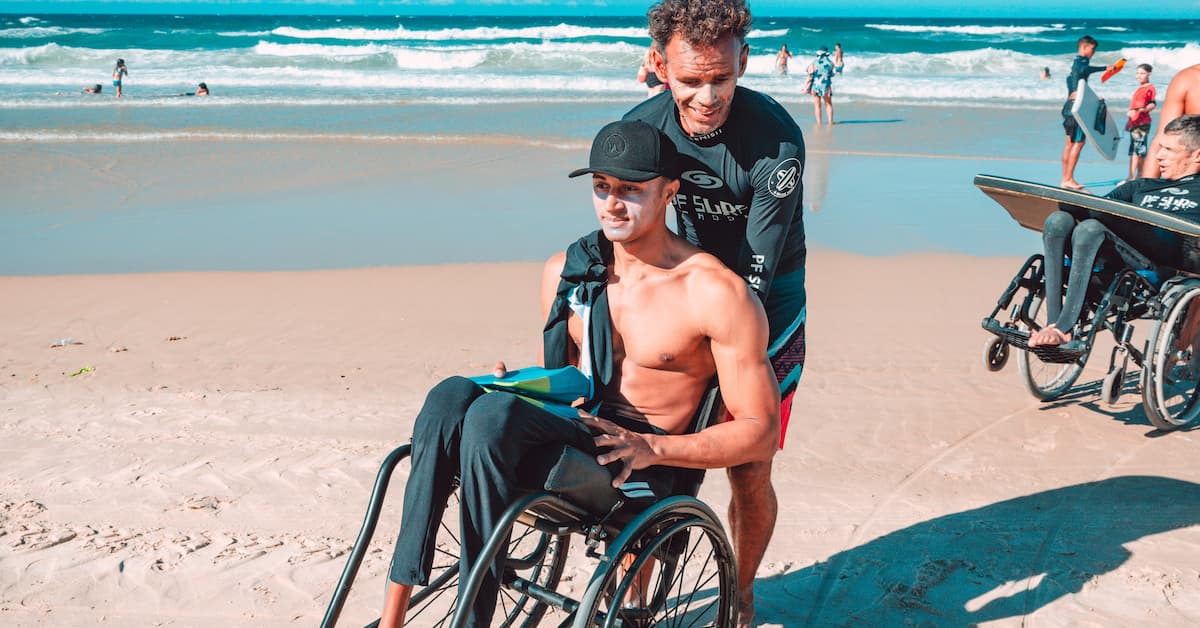- Call : 01162668557
- admin@bmphealthcare.com
- 118 Belgrave Road, Leicester, LE4 5AT
As the most lethal infection of the spinal cord, poliomyelitis (polio) can cause permanent paralysis. Transmission of the poliovirus occurs through contact with infected people or by ingesting contaminated food or water. Young children (those under the age of five) are especially at risk. The polio vaccine is the best option for preventing the spread of this contagious virus. Continue reading to learn about getting the polio vaccine for travel and what preventive measures you can take in when travelling from Leicestershire, Warwickshire, or Nuneaton.
Which countries require a polio vaccine?
Despite significant progress, polio is still a big problem in some areas. Therefore, you are in danger of getting polio if you haven’t had the vaccine in a while. Getting the recommended vaccination might help lessen the likelihood of contracting the disease, particularly if you’re travelling to the following countries:
- Afghanistan
- Pakistan
- Somalia
- Nigeria
- Syria
There are many positive outcomes that can result from a comprehensive health evaluation and vaccine checkups. Visit our travel clinic in Leicestershire, Warwickshire, or Nuneaton to have your polio immunisation status confirmed.

Do I have to be vaccinated to travel?
You cannot cross the border of developing nations without proof of polio vaccination. All travellers, including those over 12 years old, must receive polio immunisation.
If you are visiting a country with a high polio risk, you may need to get a booster shot even if you already have the vaccination against the disease.
Do adults need a polio booster?
In most cases, an adult who had a polio vaccine as a child does not need another dose. However, some may have the necessity to acquire the polio vaccine before departing the country. Adults who require a polio booster include the following:
- Adults who are travelling to polio-affected areas
- Lab workers who handle the poliovirus
- Healthcare officials who treat people with poliovirus.
- It doesn’t matter how often you get the vaccination as an adult against polio; you may need a single booster dose if you are at high risk of exposure to the virus.
Meanwhile, if you don’t have time to get polio vaccine dosages three times, you can use this expedited schedule instead:
- If you require protection in 8 weeks, you can get three doses of the vaccine, each four weeks apart.
- Two doses of booster given 8 weeks apart are necessary if you require protection in 4-8 weeks.
- You can get a single booster dosage if you require protection in less than 4 weeks.

How long does a polio vaccine last and when to get yours?
The longevity of the polio vaccine’s effectiveness varies as per the doses. Meaning, inactivated polio vaccine (IPV) is 90% effective or higher after two doses and 99% to 100% effective after three doses in preventing paralytic polio.
However, studies show that protection from the inactive polio vaccine (IPV) might persist for a long time. Adults who are travelling and at risk can have one IPV booster dose for the rest of their lives.
If you are planning an international trip and want to get the vaccine, contact one of our travel clinics in Leicester, Warwickshire, or Nuneaton for a free consultation. You may book your appointment online or visit our clinic at your convenience.
This blog post was written on behalf of Leicester Travel Clinic by Pharmacy Mentor.